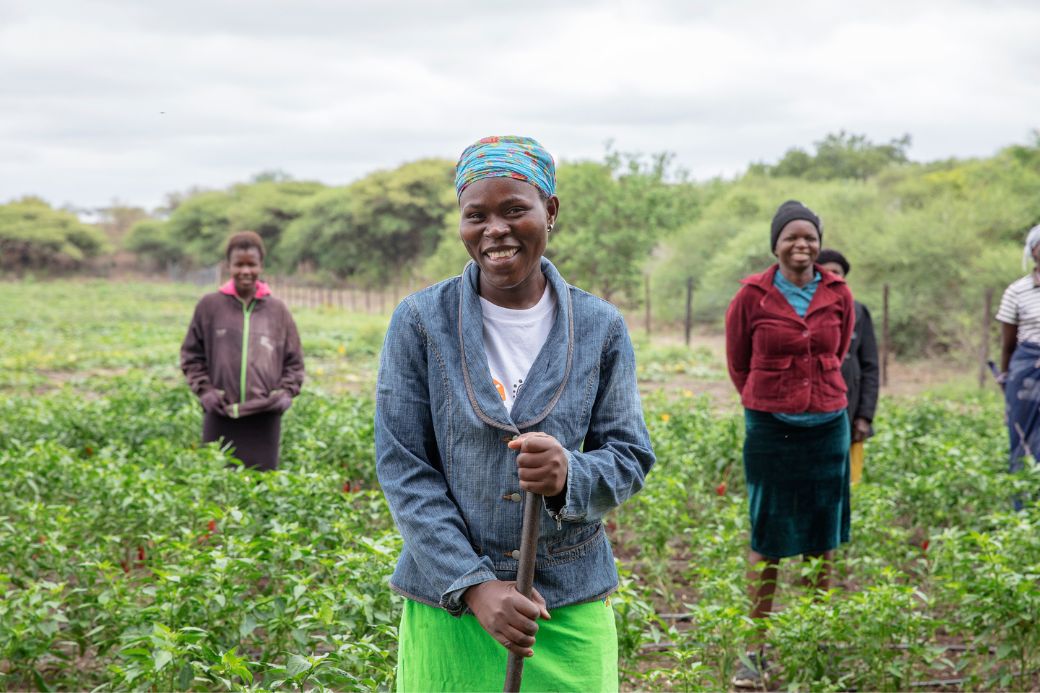The Food and Agriculture Organization of the United Nations (FAO) and CESVI have signed a Letter of Intent (LoI) expressing their interest in working together to strengthen country-level emergency response capacities, with a focus on environmental rehabilitation and disaster risk reduction, as well as support for livestock owners and fishing communities.
CESVI has a history as a strategic implementing partner for FAO country-level projects. In 2022, CESVI became a global partner of the FAO-World Food Programme (WFP) led Food Security Cluster, which works with UN organisations, governments, non-governmental organisations (NGOs), the Red Cross, the Red Crescent Movement and resource partners to coordinate food security responses – including food availability, access and utilization – during humanitarian crises.
FAO and CESVI are committed to building a strong collaborative effort to support FAO’s vision for better production, better nutrition, a better environment, and a better life – leaving no one behind.
FAO recognises that increasing its relationships with international NGOs like CESVI, which has strong connections to grassroots communities and local organisations, can in turn support efforts to make humanitarian work as local as possible, a Grand Bargain commitment.
Signing on behalf of FAO, Rein Paulsen, Director of the Office of Emergencies and Resilience, said, “Working closely with NGOs during humanitarian emergencies is crucial to ensure a robust and coordinated response. We are looking forward to developing a strong relationship with our partner CESVI.”
President Gloria Zavatta, signing on behalf of CESVI, stated, “With escalating humanitarian crises and the severity and speed of the impacts on hunger, a scaled-up, collective and collaborative approach is needed. We are convinced that our collaboration with FAO will allow us to explore new avenues of cooperation to address growing food insecurity, better respond to local needs of millions at risk of hunger and tackle persistent vulnerabilities. Working together will enable us to find greater synergies to respond rapidly to crises and rebuild food security on a new and lasting basis.”
© Photo credits: Gianluigi Guercia / CESVI
